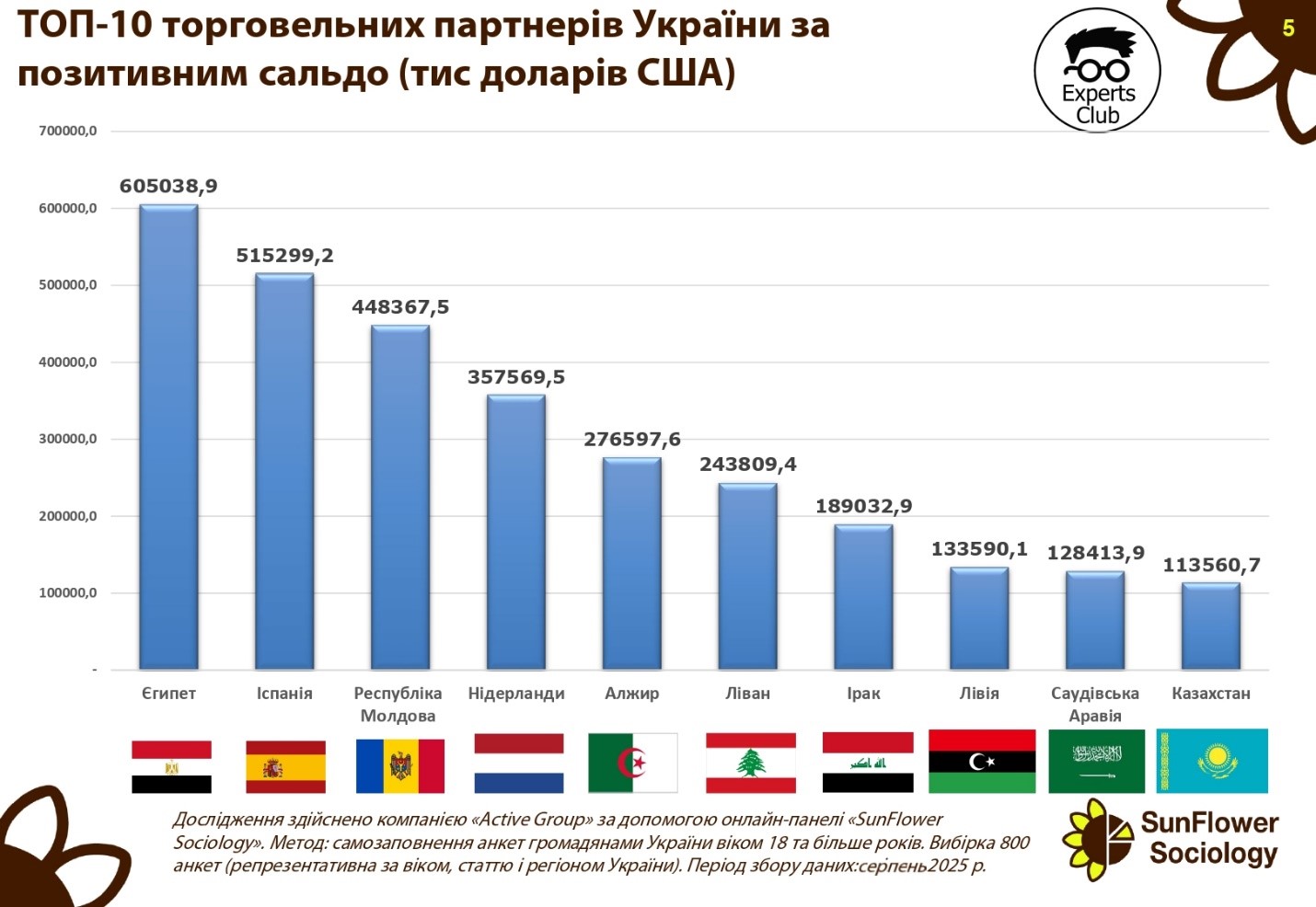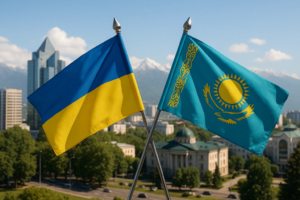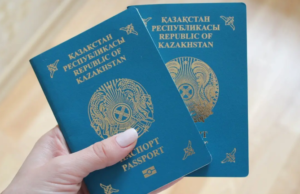
The first nuclear power plant (NPP) in Kazakhstan will be named “Balkhash”, the press service of the republic’s atomic energy agency reported.
“According to the results of the final meeting of the Competition Commission, the name ”Balkash” nuclear power plant was recognized as the winner, which received the largest number of proposals from citizens. The chosen name also corresponds to the international practice of naming nuclear power plants by geographical feature,” the report on the results of the nationwide contest for the best name of the nuclear power plant reads.
The contest committee also determined the name in Russian and English: “Balkhash Nuclear Power Plant” and Balkhash Nuclear Power Plant.
The first NPP, which will be located near Lake Balkhash, will be built by Rosatom. The Russian company has signed a roadmap with Kazakhstan for the construction of two VVER-1200 nuclear power units. The construction of the plant will take approximately 11 years and may be completed in 2035-2036. The issue of attracting state export financing at the expense of the Russian Federation is being studied for the construction of the plant.
Research work near the village of Ulken on Balkhash started on August 8. Here, as part of preliminary surveys, Rosatom’s specialists will explore at least three sites in Zhambyl district, for which they will drill 50 wells with depths ranging from 30 to 120 meters. Based on the hydrogeological features of the site, seismic stability parameters and others, a decision will be made on the exact location of the NPP.
The government said that the second and third nuclear power plants in Kazakhstan could be built by China National Nuclear Corporation (CNNC).

Halyk Bank, a national bank of Kazakhstan, has announced the acquisition of a 49% stake in Click, a leading Uzbek fintech company.
The agreement provides for mutual participation of the parties: Halyk Bank will invest USD 176.4 million to acquire a stake in Click, and Click’s shareholders, in turn, will acquire 49% of Tenge Bank, Halyk Bank’s subsidiary in Uzbekistan, for USD 60.76 million.
The cooperation is aimed at strengthening the positions of both companies in the dynamic digital finance market of Central Asia and developing innovative banking and payment services in the region.
Click is the largest fintech platform in Uzbekistan, serving more than 20 million users and is a recognized leader in digital payments and online financial solutions.

Ukraine maintains a significant positive trade balance with a number of key partners, which partially offsets the deficit in relations with China and EU countries.
The largest surplus in the first half of 2025 was recorded in trade with Egypt — $605.0 million. Spain ranks second with a balance of $515.3 million, followed by the Republic of Moldova — $448.4 million. Positive dynamics are also observed in relations with the Netherlands ($357.6 million), Algeria ($276.6 million), and Lebanon ($243.8 million).
Ukraine also has a high trade surplus with Iraq ($189.0 million), Libya ($133.6 million), Saudi Arabia ($128.4 million), and Kazakhstan ($113.6 million).

“The positive trade balance indicates that Ukraine is capable of competing effectively in international markets, especially in the agricultural sector and metallurgy. At the same time, it should be borne in mind that these markets are vulnerable to changes in the global economic situation, price fluctuations, and political factors,” emphasized Maksim Urakin, founder of Experts Club and economist.
According to him, maintaining a positive balance in relations with the countries of the Middle East and North Africa is a key element of Ukraine’s foreign trade strategy.
“Egypt, Spain, and the countries of the Arab world are stable importers of Ukrainian agricultural products. This is a strategic direction that needs to be developed further, as it creates a safety cushion for the economy against the backdrop of significant import costs,” Urakyn emphasized.
Analysts note that consolidating positions in the African and Middle Eastern markets could become a long-term factor in strengthening Ukraine’s foreign economic balance.
Agricultural exports, ALGERIA, ECONOMY, EGYPT, EXPERTS CLUB, FOREIGN TRADE, IRAQ, KAZAKHSTAN, LEBANON, LIBYA, MOLDOVA, NETHERLANDS, positive balance, SAUDI ARABIA, SPAIN, UKRAINE, МАКСИМ УРАКИН

Kazakhstan has introduced its own cryptocurrency, the Evo stablecoin (KZTE), issued with the support of the international payment system Mastercard. The new digital asset is pegged to the national currency at a ratio of 1 to 1 with the tenge, which ensures its stability and transparency.
According to the developers, Evo will become a universal tool for cashless payments and online transactions both within the country and abroad. In the future, the coin may take the place of a full-fledged means of payment, integrated into the financial system of Kazakhstan and supported by leading banks and fintech companies.
Experts note that the launch of KZTE reflects Kazakhstan’s desire to strengthen its position in the field of digital finance and accelerate the introduction of blockchain technologies into the economy.
Source: https://www.fixygen.ua/news/20250924/kazahstan-zapustiv-natsionalniy-steyblkoin.html

Almost half of Ukrainians express a positive attitude toward Kazakhstan, while negative assessments remain relatively few. This is evidenced by the results of a survey conducted by Active Group in collaboration with the Experts Club analytical center.
According to the study, 42.7% of respondents have a positive attitude towards Kazakhstan (8.7% — completely positive, 34.0% — mostly positive). At the same time, 48.7% took a neutral position. Only 8.0% of respondents expressed a negative opinion (1.7% — completely negative, 6.3% — mostly negative). Only 0.7% said they were not familiar with the country.

“For Ukrainians, Kazakhstan is a partner in the post-Soviet space that is perceived as neutral or moderately positive. There is no significant negativity in the attitude of the population,” commented Alexander Pozniy, head of Active Group, on the results of the study.
Economic indicators confirm the mutual benefits of cooperation. As Maxim Urakin, co-founder of Experts Club, pointed out, in January–August 2025, trade turnover between Ukraine and Kazakhstan amounted to $202.0 million.
“Ukrainian exports to Kazakhstan reached $157.8 million, while imports amounted to $44.2 million. The positive balance for Ukraine is over $113.5 million, which indicates an extremely favorable balance in bilateral trade,” the expert emphasized.
Thus, Kazakhstan is perceived by Ukrainians as a country with a relatively positive image and an important trading partner of Ukraine.
The full video can be viewed at:
You can subscribe to the Experts Club YouTube channel here:
ACTIVE GROUP, EXPERTS CLUB, KAZAKHSTAN, Pozniy, SOCIOLOGY, TRADE, UKRAINE, URIKIN

Kazakhstan has issued its first 10-year residence permit under the Digital Nomad Residency program. The recipient is Pavel Filatov, a senior analyst and BI (business intelligence) specialist with international experience. The Astana Times
The program has been in effect since January by decree of President Kassym-Jomart Tokayev and is aimed at attracting leading specialists in digital technologies and artificial intelligence.
Applications are submitted online through the Astana Hub international innovation cluster. The cluster’s specialists accompany candidates through all stages, from submitting documents to obtaining a residence permit in accordance with Kazakhstani law. To date, more than 270 applications have been received from about 20 countries (the US, Canada, France, Turkey, CIS countries, etc.). Most applicants are professionals in programming, cybersecurity, UI/UX design, and DevOps.
Kazakhstan also offers two types of visas for remote workers: